SUMMARY
This is AI generated summarization, which may have errors. For context, always refer to the full article.

Claim: The proposed temporary relocation of 50,000 Afghans to the Philippines is part of US propaganda to attract an attack on the country.
Rating: FALSE
Why we fact-checked this: The YouTube video, posted on June 21, has 42,000 views and 1,600 likes from an account with 241,000 subscribers. Similar claims are also being echoed in posts on Facebook.
In the video, the narrator says of the proposal for the Philippines to temporarily host thousands of Afghans: “Ito ay isang malaking propaganda ng mga Americans para atakihin ang ating bansa.“
(This is big propaganda by the Americans to attract an attack on our country.)

Humanitarian request: The US request for the Philippines to temporarily accept people from Afghanistan waiting for special visas is “humanitarian in nature,” according to the Department of Foreign Affairs (DFA).
In an interview on ANC Headstart, Philippine ambassador to the United States Jose Manuel Romualdez said that no backlash is expected should the Philippines deny America’s request. He, however, emphasized that it was “morally right” to take in the Afghans “whose lives are in danger” in Taliban-ruled Afghanistan.
The envoy also clarified that the Afghans were not refugees, but former employees of the US government.
Romualdez added that the Afghans “are not going to live [in the Philippines].” Contrary to the video’s claims that the Afghans will be staying a long time in the country, they will be allowed to stay for 30 to 59 days while waiting for the processing of visas to enter the US, GMA News reported.
If the request is granted, batches of around 1,000 to 1,500 individuals per month will arrive in the Philippines. In an interview with CNN Philippines, Romualdez said that the US will cover all costs for the Afghans’ stay in the country.
Security issue: Senator Imee Marcos, Vice President Sara Duterte, and other government officials have raised concerns over the proposal, citing security threats and sovereignty issues.
Marcos, who filed a resolution seeking a Senate inquiry into the plan, said: “There is a substantial risk that individuals who pose a threat to national security and public safety may be admitted into and housed in the country.”
Amid criticism, the DFA said the Philippines “has not entered or finalized any agreement with the United States on the matter.”
“Consultations with relevant Philippine government agencies are ongoing,” the DFA added.
The US first lodged the request in October 2022, and the issue was “briefly raised” when Marcos met with US President Joe Biden at the White House in May 2023. The government is expected to decide on the US request by mid-July.
Citing DFA Secretary Enrique Manalo, GMA News reported that the Afghans will be traveling with valid passports and would undergo rigorous security checks before entering the Philippines.
Displaced: According to the UN Refugee Agency, more 8.2 million Afghans are being hosted by neighboring countries, with 85% living in Pakistan and Iran.
While there are reports of refugees continuing to face challenges in their new homes, there are also several stories of displaced Afghans rebuilding their lives and finding new opportunities in countries like Indonesia, Malaysia, and South Korea.
History of helping refugees: The Philippines previously opened its doors to 10,000 Jewish refugees during the Holocaust and Vietnamese “boat people” forced to flee because of war.
The Philippines also expressed openness to taking in the Rohingya in 2020, Afghans in 2021, and Ukrainians in 2022. – Kyle Marcelino/Rappler.com
Kyle Marcelino is a graduate of Rappler’s fact-checking mentorship program. This fact check was reviewed by a member of Rappler’s research team and a senior editor. Learn more about Rappler’s fact-checking mentorship program here.
Keep us aware of suspicious Facebook pages, groups, accounts, websites, articles, or photos in your network by contacting us at factcheck@rappler.com. Let us battle disinformation one Fact Check at a time.
Add a comment
How does this make you feel?
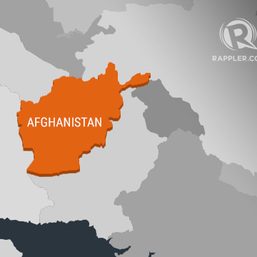
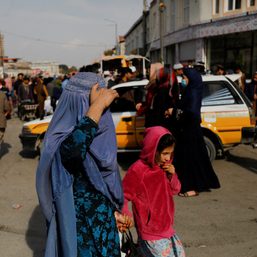
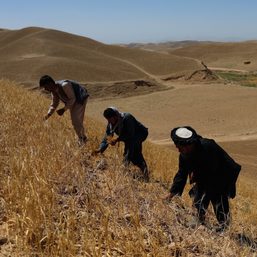
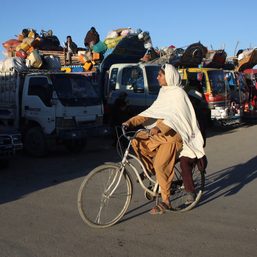
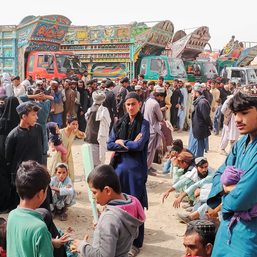
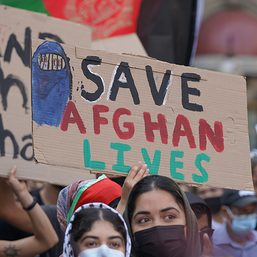
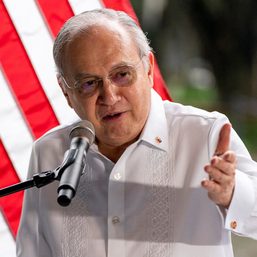
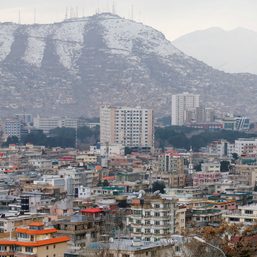
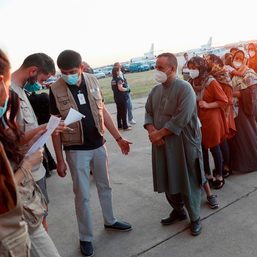





There are no comments yet. Add your comment to start the conversation.